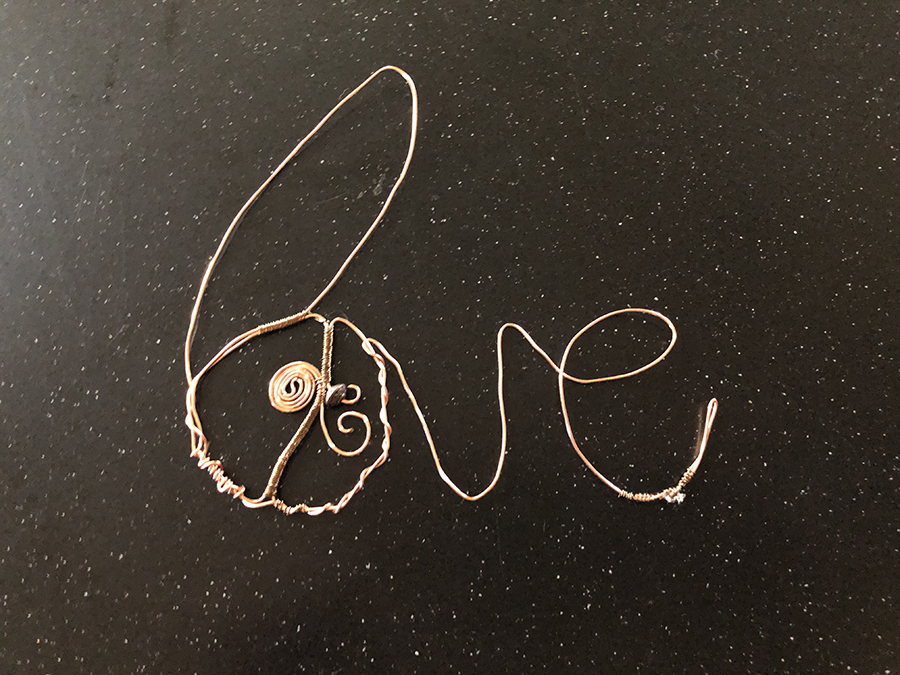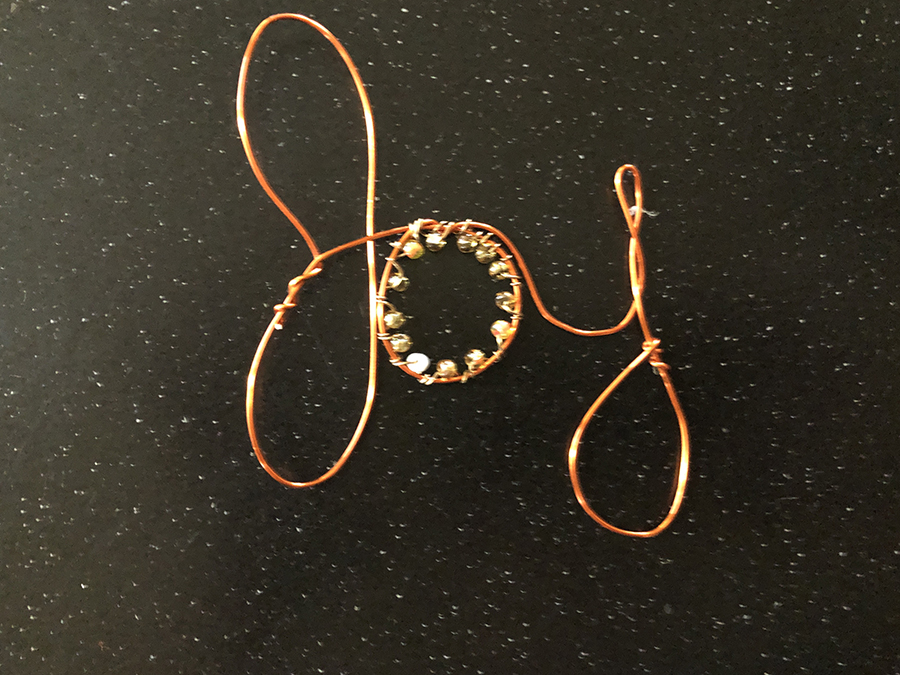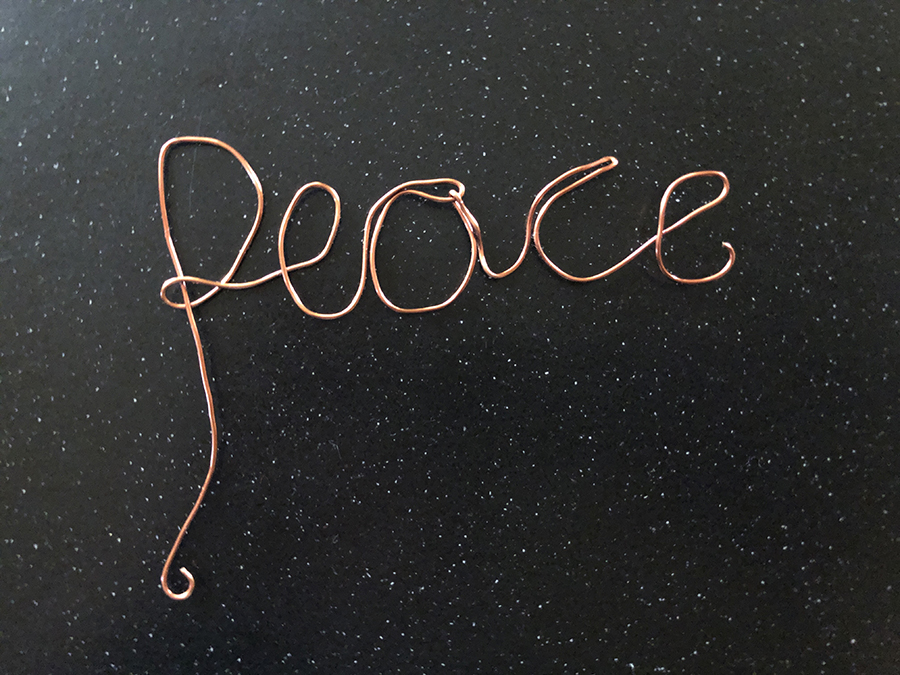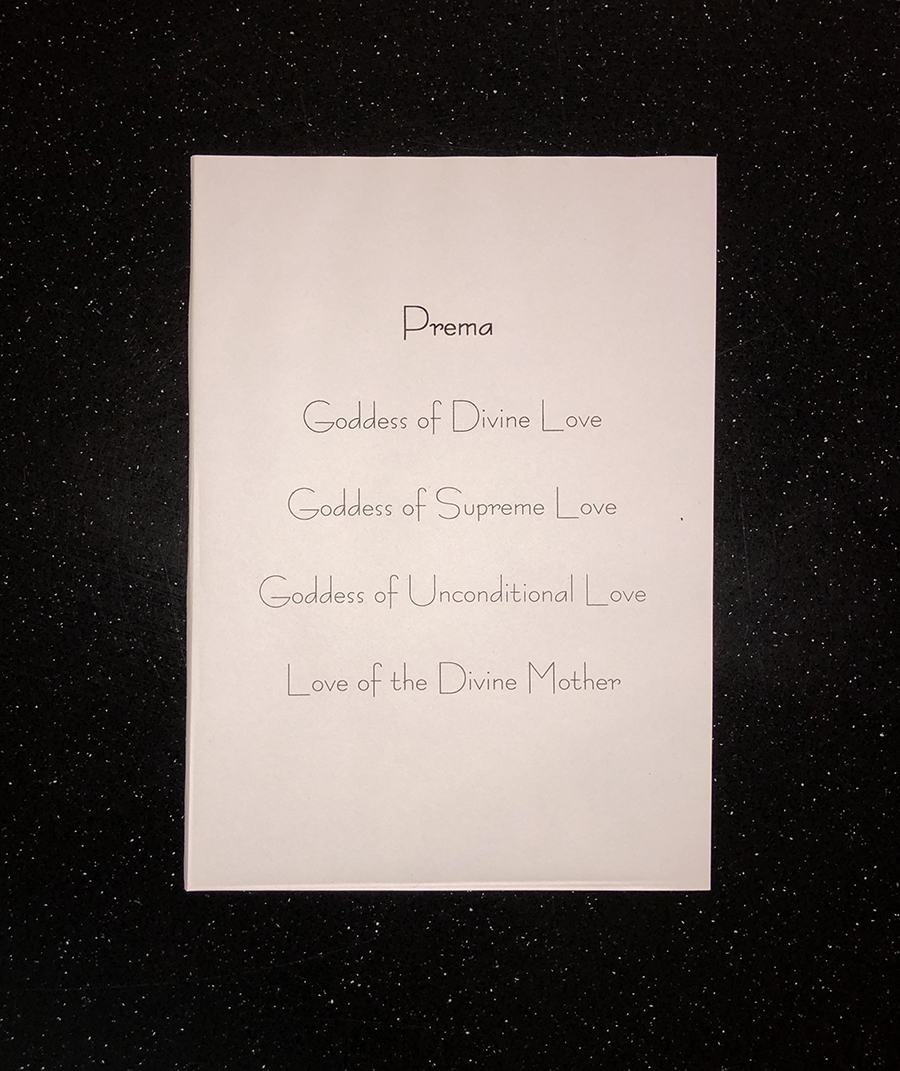The Whole Story
On May 29, 1961 when I came squalling into this world my parents—a Dutch mother and English father—named me Lesley Marijke Robbins. (Marijke is also my mother’s name.) For most of my childhood, until I was 21, I went by my first name: Lesley. But I secretly wanted to go by my middle name—it evoked more mystery, more womanliness, I thought, than Lesley. On my 21st birthday in a tiny apartment in the basement of a Manhattan Beach house, and with the scent of the ocean breeze in the air, the etheric sounds of Pat Metheny’s music wafting from the basement apartment across the alley, my boyfriend (now husband) declared he would call me Marijke and would introduce me that way to others.
And from that day forward, he did. Of course, my childhood friends and family and his family still called me Lesley—but Marijke was growing. At our wedding—to honor everyone present—I had the Reverend of the tiny Wayfarer’s Chapel, which was perched high on the bluffs of Palos Verdes, pronounce my entire name: “Lesley Marijke Robbins”. As I left the church, that name changed to Lesley Marijke McCandless.
Lesley and Marijke were pretty stable for some time, living in balance…until my husband and I had a collective mid-life crisis. We began embarking on a spiritual journey, experimenting with all different kinds of meditation techniques and eventually finding ourselves in India where I decided on a lark to become a Sannyasin at the Osho Ashram and received the name: Ma Bodhi. I liked that name, Bodhi. I liked the way it rolled off the tongue and I liked the connections in my mind to the Bodhi tree, where Buddha sat until he was enlightened. I liked that it was part of the word, Bodhisattva: those who hold back from enlightenment out of compassion for all those who are still suffering. I liked that it meant “awakened.” But the name, Bodhi, did not really stick except as a pen name now and again.
Sometime later, I went to a psychic, who held my hands and gazed deep within my soul. “What is your name?” she asked. I told her all my names…at least the ones I had so far. She looked inward, then back at me, and them from this little table in a random mall somewhere announced, “None of these are your name. You haven’t found it yet.”
Hmmm.
Then, one day, in connection with a meditation group we were intimate with, I was gifted another Sanskrit spiritual name: Prema—Goddess of Divine Love, Goddess of Supreme Love, Goddess of Unconditional Love, and the Love of the Divine Mother. Oh…this name…this name held it all—all that I wished to encompass. Sanskrit names are said to have a vibrational quality. Saying and using your Sanskrit name is said to bring about its special energy. I like that.
My husband, who was born Howard Jay, but ironically also switched to his middle name when he was 16, got a new name too: Rudra. Rudra is another name for Shiva. Rudra is the God of Destruction, Remover of pain, the Roarer, the God who rules over tempests and leads in humanity’s upward evolution. It is a name that perfectly captures my husband (“The Reformer” in the Enneagram) who is driven to uphold the deepest truth.
We each and together became more than Lesley, more than Howard, more than Jay and Marijke. To each other and some close friends, we became Rudra and Prema—a daily reminder to inhabit those most intrinsically pure qualities of love and truth.
I’ve come to appreciate—although names seem to be primarily convenient labels we use to communicate with each other, as well as legal identities tied to social security numbers, bank accounts, and jobs—there is power in a name.
Names shape us. They might even limit us.
My life’s journey thus far has led me to investigate deeply the power and purpose of naming and labeling. Ultimately, I am driven by the fundamentally deeper question that naming inspires: Who am I?
But, I am also practical, and while I might be investigating the very nature of reality sans any labels, I understand the importance of names. You could say I am acutely aware, in fact, of the impact of a name in our society.
When I wrote my first book, a memoir, I thought hard about that. As a writer, I know the themes I choose to write about become inextricably tied to my name. Any book I wrote would become an extension of my identity, and, by association, that of the members of my family. This gave me pause. I did not want to be associated only with the themes this book would cover. Nor did I want writing this book to adversely impact my family, or for them to be judged by the decisions I had made. My kids were just starting out their adult lives, my parents were aging. I felt beholden to protect them a little.
Yet, I wanted to write the most honest and compelling and truthful book I could write. In order to do that I knew I had to dive in deep, talking about nitty gritty details of various events. I sensed that if I wrote the book under my real name, I would pull back. I would water down the truth.
Thus, ironically, in order to tell the highest truth, I elected to publish my book under a pseudonym (adding yet another name to my repertoire.)
Some might say I was hiding behind my pen name, that I was ashamed of the story. That I lacked courage to write boldly under own name. But that was not it, at least not entirely. Rather, the decision gave me freedom to write the raw, honest truth without worrying about the impact on those I loved. I hoped to reach others—strangers—who might benefit from the story itself. It didn’t matter if I, personally, was recognized and given credit for any inspiration. The decision also gave me the freedom to be whoever I wanted going forward. I would not be tied to any potential victim identity.
Bottom line is, I do not regret my decision to write under a pen name. The book went on to be reasonably well-received (especially considering it was a debut book and I had no support ushering it into the world.) It even won a handful of awards.
Now some years later, I am comfortable getting the naked truth out there regardless of what name is attached to it. As such, I am integrating all my different names under a single author platform, allowing the boundaries to soften.
I’ve grown not only as a writer, but also as an awareness practitioner, committed to self-inquiry and uncovering a deeper nameless truth. What gives me pause these days, is not so much another person asking me “What’s your name?” but when I ask myself, “Who am I?”



Artwork by Danielle White


